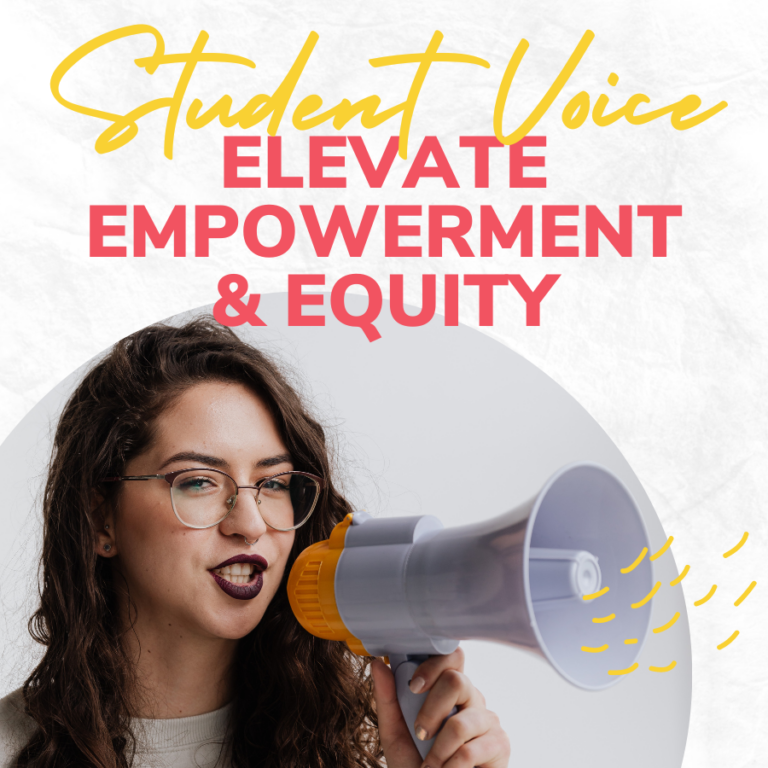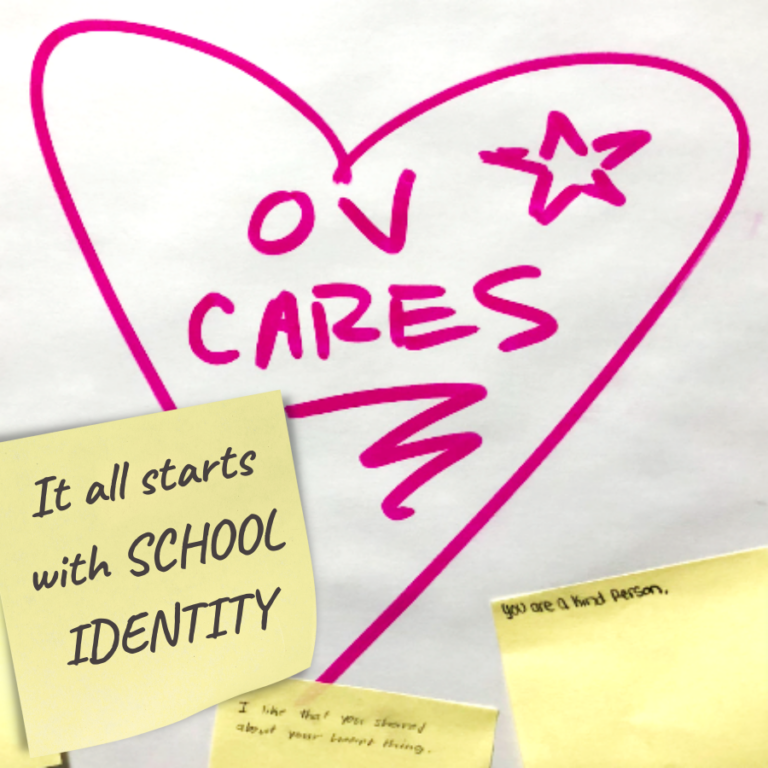Create a Learning Progression for Measuring Student Outcomes
The Novice–Expert Continuum is a unique framework that captures the evolution of students’ learning processes as they progress from following procedural rules to generating novel and creative products and responses to problems.
SEL Aligned With Your School Community: Select an Evidence-Based SEL Program
Your SEL team will need to consider several factors prior to the adoption of an evidence-based program for SEL. This activity will assist your team to clarify the needs and priorities and chose a program best suited for your school.
Student-Led SEL Implementation: Develop Schoolwide SEL Norms
Schoolwide norms are a set of agreed-upon expectations of how all students and staff will behave and interact to contribute to a positive school climate. This activity helps define what your schoolwide norms will be.
Defining SEL Outcomes: Develop Goals for Schoolwide SEL
This tool will help the SEL team develop and document goals for schoolwide SEL implementation and outcomes using the SMARTIE goal-setting process.
SEL Support Starts With Strong SEL Teams: Assemble an SEL Team Checklist
Assembling the right team to lead a school-wide effort is key to success. This checklist will provide insight into the many stakeholders you should be keeping in mind.
Student Empowerment: Support Student-Led Social Change
Student-led social change is not just an extracurricular activity; it is an essential part of education. When students learn how to advocate for themselves and others, they gain skills that will serve them for a lifetime. Let’s commit to creating schools that uplift and empower young leaders, ensuring that their voices are not just heard but acted upon.
Hiring and Retaining Top Talent: The Importance of Site Leadership and Identity Alignment
Hiring and keeping teachers is tough but crucial. Take action now to attract and retain the talent students need.
Rethinking Schoolwide Schedules: Build a School Day That Prioritizes People
A well-designed schoolwide schedule supports equitable learning, fosters well-being, and strengthens your school community.
How To Build a Culture of Mind, Heart, and Spirit: 4 Ways Leaders Can Support Their Team & School
Embedding school identity in instruction, setting positive expectations, and embracing meaningful change are just some of the educational practices Angela Stevens-Stevenson — former principal at Martin Luther King, Jr. Junior High School in Pittsburg, California — is both passionate about and experienced with.
9 Steps to Establishing a District Family Engagement Team
There is growing recognition, grounded in research, that effective family engagement can contribute to improved student outcomes and to closing persistent achievement gaps among students of different racial and ethnic backgrounds and family income levels.
Experts advocate for family engagement as an essential strategy for building the pathway to college and career readiness for all students, as well as an essential component of a systems approach to school turnaround.
Unified and Equitable School Structure: 7 Steps to Implement PBIS Via Schoolwide Values
Some schools are embracing a comprehensive system based on Positive Behavior Interventions and Supports (PBIS). This resource walks you through steps to achieve this.
Executive Briefing Protocol: The 4 Thinking Styles You Must Consider
Learn the four thinking styles that you commonly encounter in any work environment. When you are presenting information, each type of thinker tends to be listening for the information that answers the questions they focus on most. You can achieve this with the 7 questions template.
Hire and Retain a Diverse Staff: Nurture a Positive Staff Community
This activity will help you analyze your current recruitment and retention efforts. Developing and nurturing a staff community aligned with your school’s identity and vision is key.
Purposeful, Valuable Learning: Foster Learners With Autonomy and Drive
Imagine a classroom where students are no longer racing to keep up with the teacher’s lesson plan, but instead, learning at the pace that works for them—deepening their understanding, exploring their interests, and taking charge of their own progress. This is the promise of purposeful learning with autonomy, where flexibility in pacing and learning style empowers students to thrive.
Rethinking Priorities: 6 Ways to Focus on What’s Important
Being a school leader means dealing with 100 urgent fires every day. It’s so easy to get distracted from the really important work that results in meaningful lasting impact. Here are six strategies that can help you keep the most critical initiatives moving forward no matter what else is going on.
Leadership Challenge: Create Collective Genius to Innovate Education
The role of a leader of innovation is not to set a vision and motivate others to follow it. It’s to create a community that is willing and able to innovate. By studying the success of innovative organizations and companies, Linda A. Hill, Greg Brandeau, Emily Truelove, and Kent Lineback identified key elements and practices of innovative leaders as well as paradoxes of innovation.
Education needs daring, innovative leaders who are able and willing to forge the way for future generations of students. The ideas and tips provided here can be where you start.
Structures that Elevate Student Voice in Equitable Ways: Empowering Students While They Develop Life Skills
Carmen Gelman, Director of Professional Development at COSA, is all about student voice and equity. She joined Portico for a Crowdsource on December 15, 2022, to share about her experiences leading three high schools across two states.
Reinforce Your School’s Identity to Launch The New Year With Momentum
We had the pleasure of hosting a Crowdsource webinar with Courtney Spelber from the Huntington Beach Union High School District on January 19, 2023. Courtney shared ways to use the start of each year and new term to get started the right way by reinforcing your school’s identity with your students and staff.
Student Life Connection: Implement Programs to Explore Interests and Aspirations
Implement programs like Roadtrip Nation to give students the opportunity to explore their interests and aspirations while also building ownership of learning skills.
Holistic Well-Being: Teach and Model Self-Care for Students
Teach and model self-care to students to include: time, meditation, yoga, exercise, sleep, creative expression, and more. Adults on campus can openly share how they prioritize their own self-care and how it’s not “selfish” to put your well-being first.
Staffing Solutions: Hiring and Retaining Top Talent
Many schools and districts are struggling to hire and retain talented teachers, with small candidate pools and other constraints. In this Crowdsource Coffee, school leaders shared concerns and best practices for the upcoming hiring cycle.
Time to Process: Allow Students Space for Major Life Transitions
Provide students time and space for processing major life transitions including the change from middle school to high school and the change from high school to postsecondary education.
























